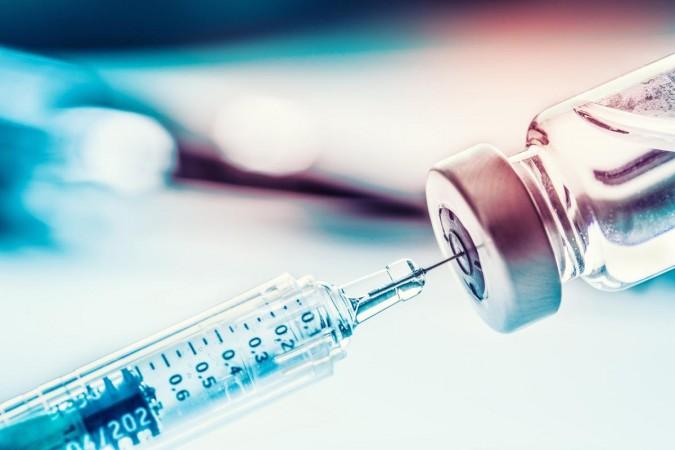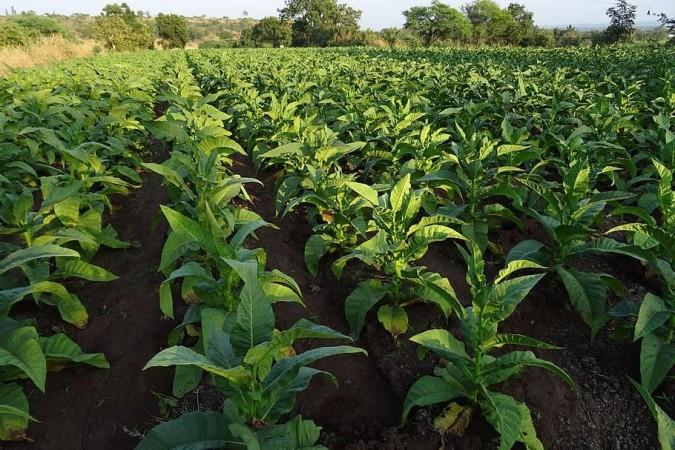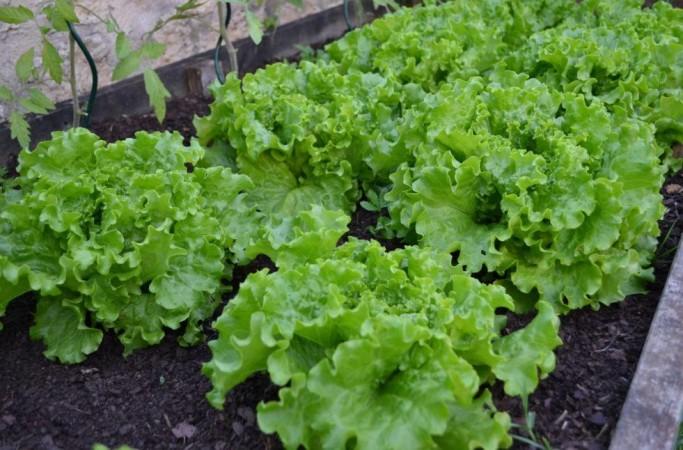The rush for the development of COVID-19 vaccines bared a harsh fact to the world—there is a concerning gap in vaccine-producing capacity across the world. While many countries have been self-sufficient, several countries—particularly poorer nations—have depended on the former for vaccines.
Therefore, vaccine-manufacturing techniques that are both effective and affordable are the need of the hour. And a group of inexpensive organisms may serve as the answer to the world's vaccine problem—plants.
Over the past few years, scientists have delved deeper into the research of plant-based vaccines. During the course of the COVID-19 pandemic, these vaccines made headlines when two of the largest tobacco companies in the world—British American Tobacco Company and Philip Morris International—announced that they had developed tobacco-based vaccines for COVID-19. Such vaccines hold potential for wider availability and reducing burdens that accompany the manufacturing of conventional vaccines.
"There is an overwhelming vaccine inequality between the rich and the poor countries, and maybe if you can increase the amount of different manufacturing platforms, then you can make more vaccines more quickly for more people," said Dr. John Tregoning, Department of Infectious Disease, Imperial College London.
Hurdles In Conventional Vaccine Production

For any vaccine, the primary requirement is antigens that can elicit an immune response to a particular bacteria or virus. Some of the commonly used antigens are dead or inactivated pathogens and specific proteins from them such as the spike protein in the case of COVID-19.
For traditional vaccines, antigens are produced by infecting cell lines from insects and mammals such as monkeys or hamsters under laboratory conditions. The pathogen, or a section of its genetic code, is used for infecting the cells, which in turn tricks them into producing copies of the antigen.
Following this, the cells undergo incubation in massive bioreactors for long durations—days to weeks. They are then purified and transferred to vials; a complex, lengthy, and expensive process. For example, COVID-19 vaccines such as the Moderna and Pfizer-BioNTech use mRNA molecules as antigens. mRNA are tiny RNA molecules that provide instructions for cells to make the SARS-CoV-2's spike protein. However, its mass production and purification must be carried out in elaborate facilities.
Not only are bioreactors expensive, but their operation and management also require highly trained personnel, and utilize extensive amounts of space. This serves as a hurdle in several regions of the world where there is inadequate or non-existent material and logistical infrastructure to produce the raw materials required, and the vaccines themselves.
"We have seen in COVID that there isn't enough manufacturing capacity globally to make vaccines for everyone," Dr. Tregoning told National Geographic.
Plants: Raw Material Factories?

This is where plants can serve as ideal and cost-effective sources of manufacturing antigens. They can act as bioreactors. Along with the ease of growing them in monitored greenhouses, the need for strictly sterile conditions is more relaxed. For example, in Canadian biotechnology company Medicago's greenhouses, Nicotiana benthamiana plants are used for the production of antigens. Closely related to the tobacco plant, it is also used in cigarette products.
Mechanical arms dip trays containing these plants in a liquid containing agrobacteria which are known to infect plants naturally. The agrobacteria used here are modified to possess a section of DNA from SARS-CoV-2 or influenza virus. Using vacuum the plants are made to absorb the agrobacteria liquid which spreads across the plants' entire vascular structure.
Therefore, in minutes, all the Nicotiana benthamiana plants become mini bioreactors. The viral DNA is transferred into the plants' cells by the agrobacteria. Next, the cells produce copies of virus-like particles (VLPs) that amount to millions. The particles act like antigens but cannot infect.
After being allowed to rest for around a week, the leaves are collected and processed using an enzyme bath that releases VLPs from the plant cells. The VLPs are then processed and purified. What is available in the end is a plant-derived vaccine. Medicago's flu vaccine acquired the distinction of being the world's first plant vaccine to complete phase three clinical trials in 2018.
Effective Production of Antigens

While using plants as mini bioreactors is more cost-effective than the regular antigen harvesting methods, it still requires the step of purification. Elimination of this step can reduce costs further and save time. The use of lettuce plants provides the aforementioned respite.
A section of viral DNA is directly injected into the genome of a lettuce seed's chloroplast by researchers. The chloroplast is the cell organelle where the energy-producing process of photosynthesis takes place.
Unlike other cells that carry only one copy of their genome, chloroplasts have around 100 copies. This essentially means that chloroplasts possess the ability to produce nearly 100 times the quantity of the desired antigen. Following the insertion of the viral gene within the genome, the seeds are sown and grown under monitored yet generally normal conditions. However, as lettuce is an edible plant, it makes the process of purification unnecessary.
The chloroplasts holding the antigen are powdered and turned into capsules or pills. Thus, they can be consumed as oral vaccines. Being a pill, these vaccines can be stored for extended periods of time at room temperature; overcoming the challenge of storage most vaccines face. Though several lettuce-based vaccine candidates are being worked upon, none have entered clinical trials yet.
Dr. Henry Daniell, a researcher from the University of Pennsylvania, who has been working on lettuce-based articles told NGC: "There is no question that producing in plants instead of bioreactor is going to be cheaper. The bioreactor fermentation facilities are hundreds of millions of dollars, and then you need to purify and cold chain injection and so on."
Hope for the Future

Currently, there are no plant-based vaccines that are commercially available for human use. However, several researches are ongoing and many potential plant-based vaccine candidates are being developed. For example, Icon Genetics GmbH, a Germany-based biopharmaceutical company, commenced phase one clinical trials for its norovirus vaccine.
In October 2020, British American Tobacco Company's biotechnology wing, Kentucky BioProcessing, announced that it was set to enter phase one clinical trials. Medicago has also developed a plant-based COVID-19 vaccine whose phase three clinical trials are currently underway.
Dr. Kathleen Hefferon, professor of microbiology at Cornell University, told National Geographic, "The plant-made vaccine industry has been moving slowly but surely forward. We're at the point where making something like a vaccine to COVID is actually very feasible and very fast, so right now we are at the point where we can have tens of millions of vaccine available within, I'd say, the next six months or so."












!['Had denied Housefull franchise as they wanted me to wear a bikini': Tia Bajpai on turning down bold scripts [Exclusive]](https://data1.ibtimes.co.in/en/full/806605/had-denied-housefull-franchise-they-wanted-me-wear-bikini-tia-bajpai-turning-down-bold.png?w=220&h=138)
![Nayanthara and Dhanush ignore each other as they attend wedding amid feud over Nayanthara's Netflix documentary row [Watch]](https://data1.ibtimes.co.in/en/full/806599/nayanthara-dhanush-ignore-each-other-they-attend-wedding-amid-feud-over-nayantharas-netflix.jpg?w=220&h=138)



